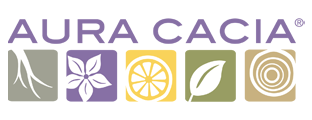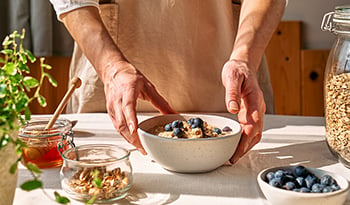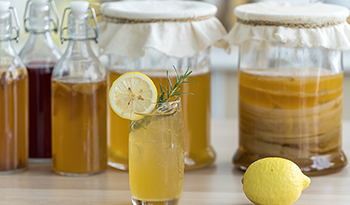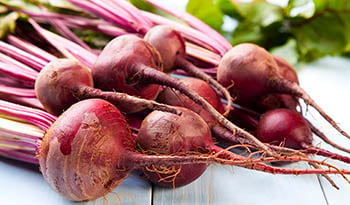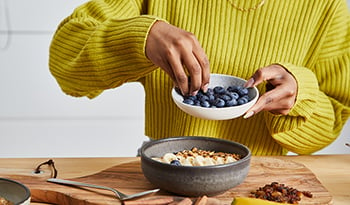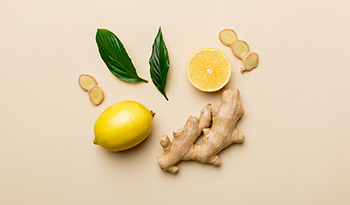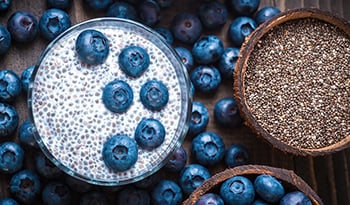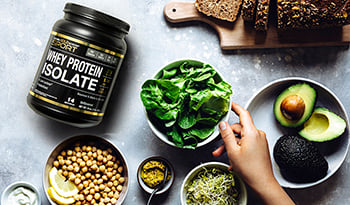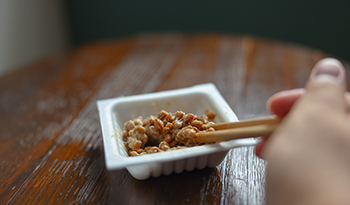7 Common Misconceptions About Juicing
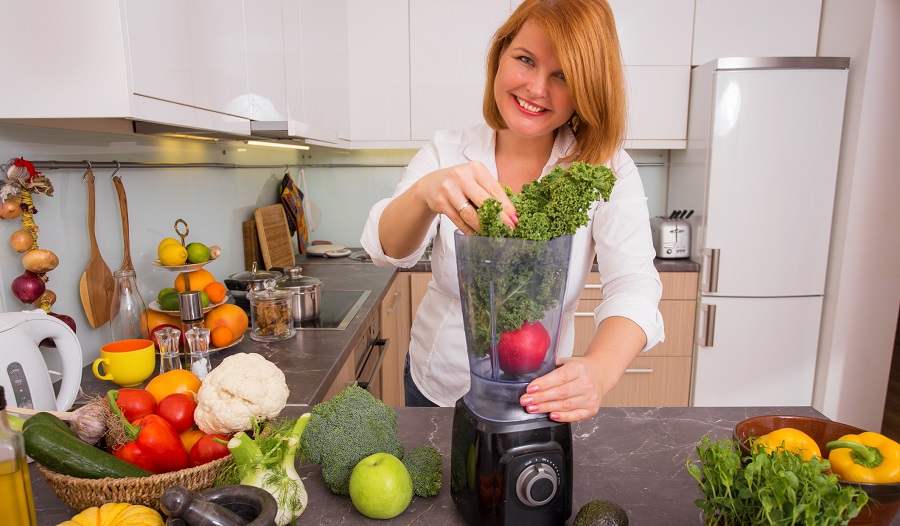
Juicing has been around since countertop appliances became popular in the 1950s and ’60s. Today, raw juice bars are everywhere, and lots of people own juicers to make their own fresh and healthy drinks at home.
Consuming raw juice has many benefits. It gives us energy, lots of nutritional quality, and increases our intake of health-promoting phytochemicals. Certain juice blends enhance weight loss, help to detoxify the blood and organs, and can boost immunity as well. For now, let’s look at some of the common misconceptions people have about juicing.
1. With juicing, the most important ingredient — the fiber — is thrown away.
Juicing fresh fruits and vegetables does provide some fiber, particularly soluble fiber. It’s the soluble fiber that has been shown to lower cholesterol levels and exert other beneficial effects beyond improved bowel function. Juicing helps the body’s digestive process and allows for quick absorption of high-quality nutrition. It quickly provides the most easily digestible and concentrated nutritional benefits of fruits and vegetables. The result is increased energy levels.
2. You shouldn’t mix fruits and vegetables in juice, as they require different digestive processes.
There’s no scientific evidence to support this contention. Nonetheless, some people do seem to have difficulty with combined fruits and vegetables, complaining of gassy discomfort. If you’re one of these people, avoid mixing fruits and vegetables. Exceptions to this rule appear to be carrots and apples, as these foods seem to be able to mix with either a fruit or a vegetable. Let your body and taste buds be your guide.
3. Beta-carotene supplements are better for you than carotene-rich juices.
Juicing provides greater benefit than either beta-carotene supplements or intact carotene-rich foods. This is because juicing ruptures cell membranes, thereby liberating important nutritional compounds, such as carotenes, for easier absorption. Beta-carotene supplementation, while beneficial, only provides one particular type of carotene, whereas juicing a wide variety of carotene-rich foods will provide a broad range of carotenes, many of which have properties more advantageous than beta-carotene.
4. You can’t freeze raw juice.
You can freeze juices, although you’ll lose some of the nutritional benefits and enzymes. But it’s better than letting the juice go to waste. You can add frozen vegetable juice to soups, and you can make delicious homemade popsicles with fruit juice that both kids and grownups love.
5. People with diabetes shouldn’t drink fruit and vegetable juice.
Too much of any simple sugar, including the sugars found in fruit and vegetable juices, can lead to stress of blood sugar control mechanisms, especially if you’re hypoglycemic or diabetic. The advantage of the assortment of natural simple sugars in fruits and vegetables over sucrose (white sugar) and other refined sugars is that they’re balanced by a wide range of nutrients that aid in the utilization of the sugars. Nonetheless, individuals with diabetes should consume no more than eight ounces of juice at any one time, focus on vegetable juices, and drink the juice with a meal to delay the absorption of the sugars.
6. People with recurrent kidney stones should avoid juices because many are high in calcium.
It’s often recommended to people with recurrent calcium oxalate kidney stones that they avoid juices containing spinach, because spinach is rich in both calcium and oxalate. It’s probably not a big sacrifice, even though it may not be that important in preventing stone formation. These people’s diets should definitely include other fresh juices on a regular basis. A beneficial juice for individuals prone to recurrent kidney stones is cranberry juice, which has been shown to reduce the amount of ionized calcium in urine by about 50 percent in patients with kidney stones (high urinary calcium levels greatly increase the risk of developing a kidney stone).
7. You can get all the nutrition that you need through fruit and vegetable juice.
While drinking fresh juice is tremendous in improving nutritional quality, it cannot supply all of the nutrition your body needs on a daily basis. In particular, it is important to get high-quality protein and important healthy fats such as mono-unsaturated oils and omega-3 fatty acids into your diet on a daily basis.
DISCLAIMER:This Wellness Hub does not intend to provide diagnosis...






































